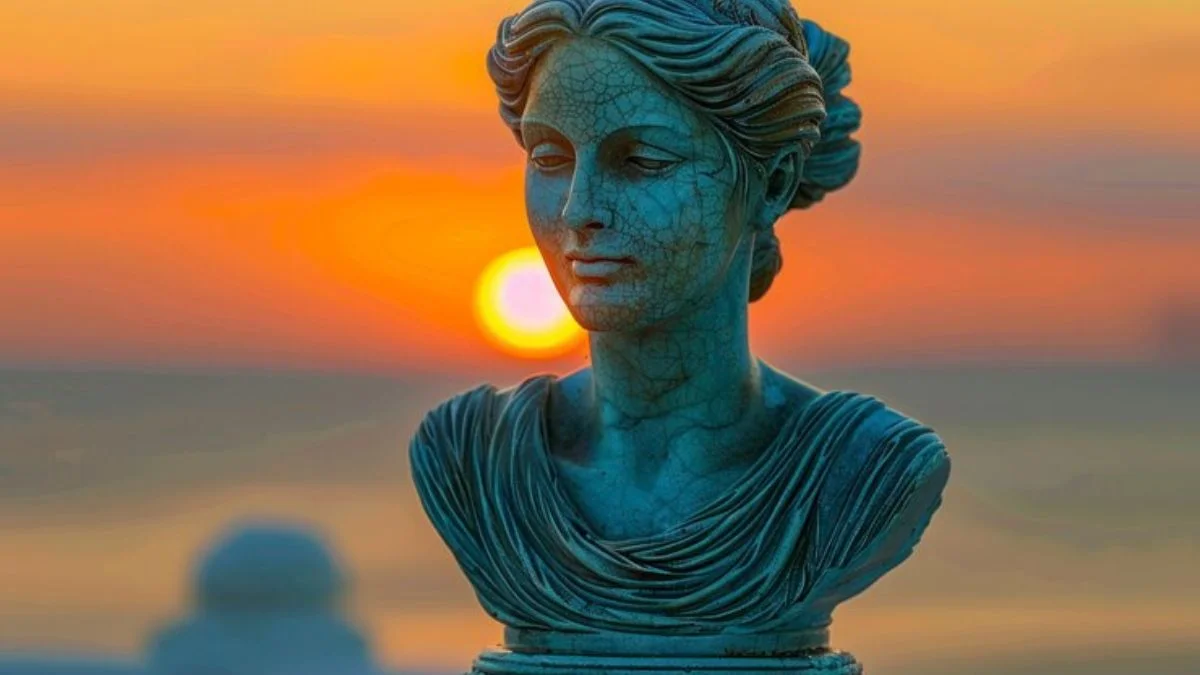Introduction:
Ünikorn, often spelled “unicorn,” is a legendary creature that has captured the human imagination for centuries. Known for its unique spiral horn, this majestic being symbolizes purity, grace, and magic.
Ünikorn: Exploring myth and modern fascination
The myth of the Ünikorn dates back to ancient civilizations. Artwork from Mesopotamia and myths from India and China often depicted unicorn-like creatures. The ancient Greeks also wrote about them in accounts of natural history, describing them as real animals that lived in faraway lands.
Medieval Symbolism
During the Middle Ages, the unicorn became a symbol of purity and grace. It was believed that only a virgin could capture an Ünikorn, and its horn was thought to have the power to purify water and cure illness. The Ünikorn frequently appeared in European art and literature, often alongside maidens and in wooded, lush settings.
Modern Interpretations of the Ünikorn
In contemporary culture, the Ünikorn maintains its status as a symbol of fantasy and oddity. It is often associated with magical realms and is a popular figure in children’s literature, movies, and television shows.
Ünikorn in other traditions
Ancient Mesopotamia
In Mesopotamian art, depictions of one-horned animals resembling unicorns were common. These creatures were often associated with deities and considered symbols of power and protection.
India and China
In Indian mythology, the creature known as “Re’em” or “Karkadann” is often depicted as a one-horned animal. Similarly, in Chinese mythology, the “Qilin” is a unicorn-like creature that symbolizes good luck, prosperity, and longevity. The Qilin is often depicted with a dragon’s head, a deer’s body, and a single horn.
Persian mythology
The “Shadhavar” is a mythical creature resembling Ünikorn in Persian mythology. It is said to have a single horn that produces an enchanting music when the wind blows through it, often associated with beauty and attractiveness.
Medieval Europe
In medieval European folklore, the Ünikorn symbolized purity and grace. It was believed that only a virgin could capture it and that its horn had magical healing properties. Unicorns were often depicted in tapestries and paintings from this period.
African mythology
In some African cultures, there are legends about a single-horned animal called “Abada” or “Nillekma.” This creature is believed to have the ability to purify water and heal the sick, similar to the European Ünikorn.
Meaning of the Unicorn in Modern Culture
Symbol of Magic and Fantasy
Unicorns are commonly associated with magical kingdoms and fantasy worlds. They appear in numerous books, films, and television shows, often as mystical creatures with special powers. In the Harry Potter series, for example, unicorns are revered for their purity and magical properties.
Representation of Uniqueness and Individuality
In contemporary culture, unicorns symbolize uniqueness and individuality. The phrase “being a unicorn” often describes someone who is exceptional or rare. This symbolism is adopted by various communities, including the LGBTQ+ community, where unicorns symbolize pride and celebration of one’s unique identity.
Pop Culture Icon
Unicorns have become a popular icon in fashion, toys, and home decor. From unicorn-themed clothing and accessories to colorful unicorn-themed cakes and party decorations, these mythical creatures are an integral part of everyday life. They are often depicted in bright pastel colors, adding a whimsical touch to various products.
Internet and meme culture
Unicorns have a strong presence on the internet and in meme culture. They are often used in memes and social media posts to convey a sense of whimsy, humor, or positivity. The Ünikorn emoji is often used to add a touch of magic to digital conversations.
Business and marketing
In the business world, an “Ünikorn” refers to a private startup valued at more than $1 billion. This usage highlights the rarity and exceptionality of such companies. The term was popularized by venture capitalist Aileen Lee in 2013.
Children’s media and products
Unicorns are a staple of children’s media and products. They appear in cartoons, storybooks, and toys, and are often depicted as friendly, magical creatures. This helps to foster a sense of wonder and imagination in young audiences.
Final Thoughts
The charm of the unikorn continues to inspire and captivate. Whether in ancient myths or modern tales, this mythical creature symbolizes magic, purity and wonder. Its enduring presence in our cultural imagination is a testament to the timeless nature of einkorn.
Frequently Asked Questions
what is a unikorn?
A unikorn is a mythical creature most often depicted as a horse with a single spiral horn on its forehead. It symbolizes purity, grace and magic.
Where does this myth come from?
The myth of the unikorn has ancient origins, with references in Mesopotamian art, Indian and Chinese mythology and Greek natural history. The Greek historian Ctesias wrote one of the first descriptions of a unicorn-like creature around 400 BC. C.
What does a unikorn symbolize?
Unicorns are often symbols of purity, innocence and magic. In medieval Europe, they were believed to have the power to purify water and cure disease.
Are ünikorns mentioned in religious texts?
Yes, unicorns are mentioned in the King James Bible due to a mistranslation of the Hebrew word “re’em,” which likely referred to an extinct species of wild ox.
Do they appear in different cultures?
Yes, unicorn-like creatures appear in different cultures. For example, the Chinese “Qilin” and the Indian “Karkadann” are unicorn-like creatures with their own unique symbolism.
How are they portrayed in modern culture?
In modern culture, unicorns are popular symbols of fantasy and magic. They appear in literature, movies, and art, and often represent uniqueness and wonder. They are also a popular motif in fashion, toys, and internet memes.
What is an “ünikorn” in business terminology?
In the business world, a “unicorn” refers to a private startup valued at more than $1 billion. This term emphasizes the rarity and exceptionality of these companies.
Are there any famous stories or books about unicorns?
Yes, there are many famous stories and books about unicorns. A notable example is “The Last Unicorn” by Peter S. Beagle, which was adapted into an animated film.










